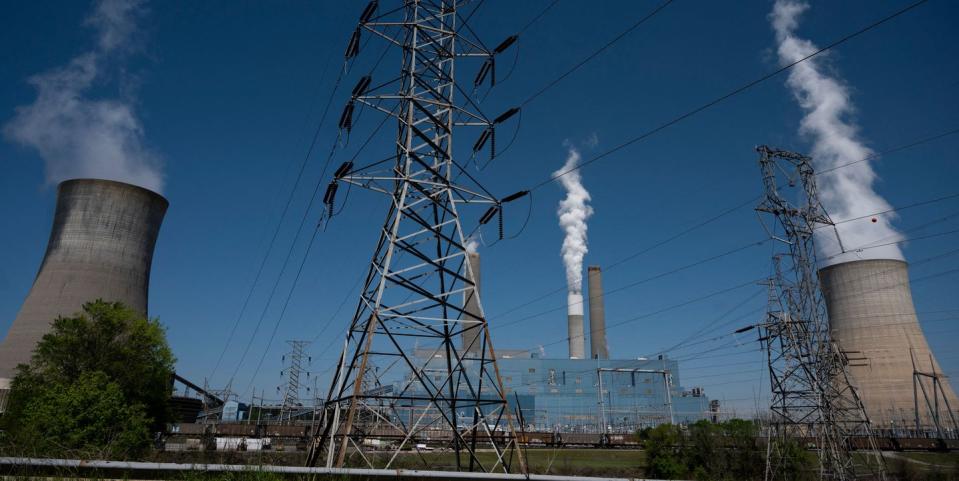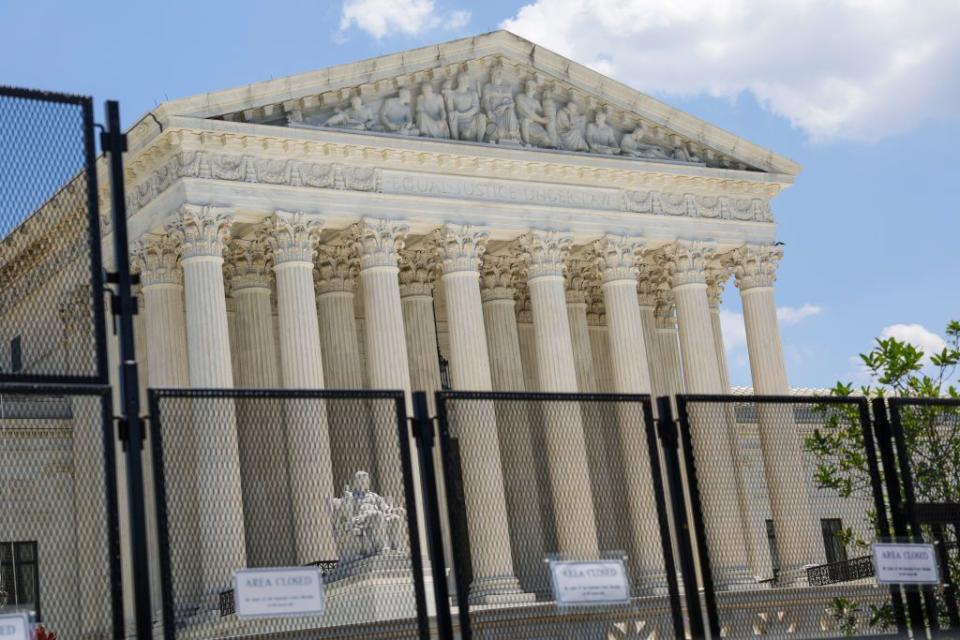Supreme Court Starts Gutting EPA; Could Your Car’s Emissions Be Next?

Supreme Court says, essentially, that the EPA can't regulate pollution.
Earlier the same week, EPA put a guy in jail for a year for selling emissions defeat devices. Maybe he should appeal to the Supreme Court.
Does this mean EPA will eventually eliminate auto emissions?
It’s conceivable—who knows?—that your car might not have to pass emissions someday, if the Supreme Court continues on the path it started Thursday.
Because this week the Court ruled that the Federal Environmental Protection Agency could not tell power companies to stop burning coal. Ironically, earlier the same week, a guy in North Carolina who had sold more than 14,000 illegal emissions defeat devices for cars and trucks—and who had ignored previous orders from the EPA to stop doing so—was convicted and sentenced to a year and a day in prison.

What does it all mean? Let’s start with the Supreme Court.
In West Virginia v. EPA the Court said that the Agency didn’t have the authority to tell power plant operators that they had to use clean sources of energy instead of coal. The EPA stands for Environmental Protection Agency, a government entity launched under the Nixon Administration to regulate air pollution, among other things.
“Congress did not grant EPA in Section 111(d) of the Clean Air Act the authority to devise emissions caps based on the generation shifting approach the Agency took in the Clean Power Plan,” Chief Justice Roberts wrote for the conservative majority, referring to two different laws governing pollution.
There were three dissents to the ruling, among them Associate Justice Elena Kagan, who wrote, “…let’s say the obvious: The stakes here are high. Yet the Court today prevents congressionally authorized agency action to curb power plants’ carbon dioxide emissions. The Court appoints itself—instead of Congress or the expert agency—the decisionmaker on climate policy. I cannot think of many things more frightening.”

Meanwhile, over in Henderson, North Carolina, the EPA and the Clean Air Act were still alive and kicking.
“Today, Chief U.S. District Judge Martin Reidinger sentenced Matthew Sidney Geouge, 35, of Hendersonville, N.C., to one year and one day in prison for conspiracy to violate the Clean Air Act by selling more than 14,000 illegal devices that defeat required vehicle emissions control systems, also known as ‘defeat devices,” the Department of Justice said.
Geouge must also pay $1.3 million to the EPA and $1.2 million to the IRS, the latter because he didn’t pay taxes on the sales of the illegal devices. Geouge and three partners sold “far in excess of” 14,000 of the defeat devices, the DOJ added.
And it’s not like they didn’t warn him.
“The EPA issued a notice of violation to Geouge in 2015,” the DOJ said. “However, Geouge continued to sell and service illegal devices. Geouge also evaded paying a penalty owed to the EPA, and taxes owed to the IRS, by having another individual receive the income he earned from the sale of the illegal devices.”
How are these two court cases related? If SCOTUS says the EPA can’t regulate air quality in power plants, then isn’t it just a matter of time until automotive emissions laws are gutted, too?
Automotive designer John Grafman might have spoken for a number of people when he said, “Given the latest ruling by the SCOTUS, and the weakening of the EPA, I wouldn't be surprised if this (the Geouge conviction) gets appealed and maybe overturned. After all, according to a few justices, who is the EPA to regulate things like air quality? SMH!”
Geouge should appeal his case directly to the Supreme Court.
Except that the court is now in recess until it meets again on the first Monday in October. Get ready for what could be more gutting of pollution laws then.
Share your thoughts on the ruling—and the possibility of more strikes against the EPA—in the comments below.

 Yahoo Autos
Yahoo Autos 